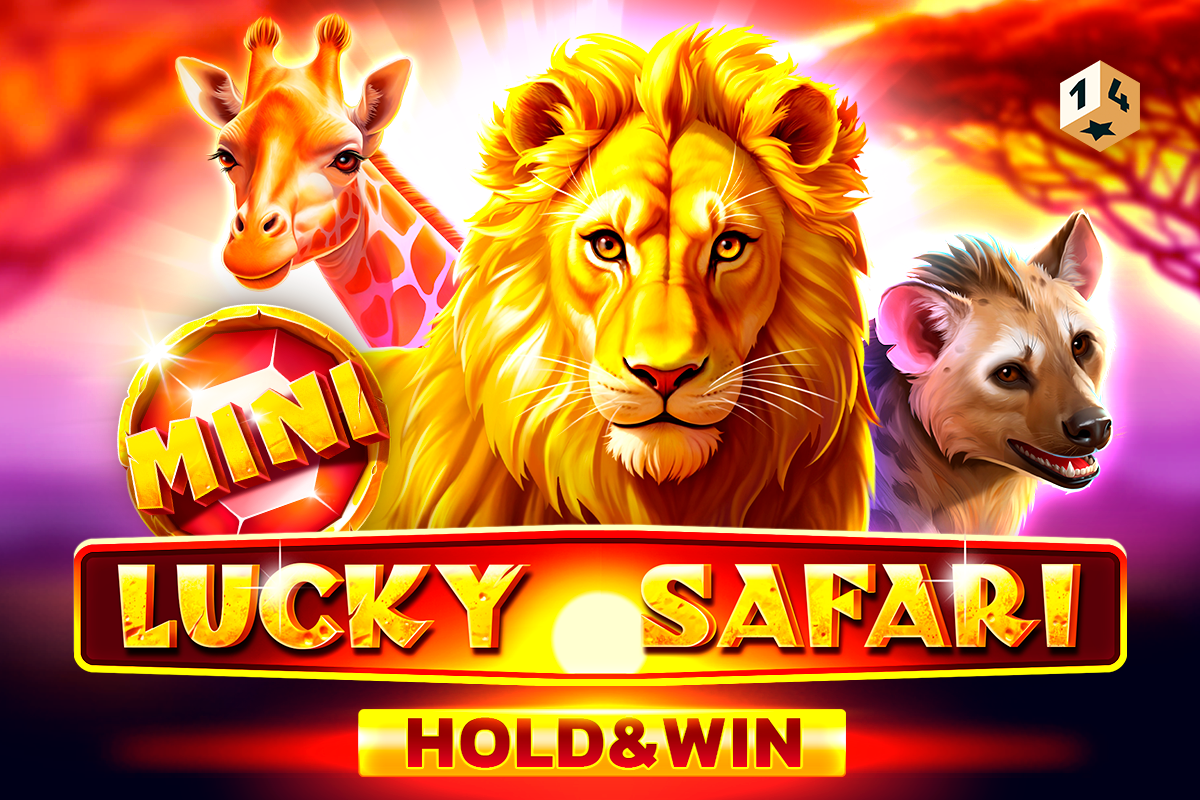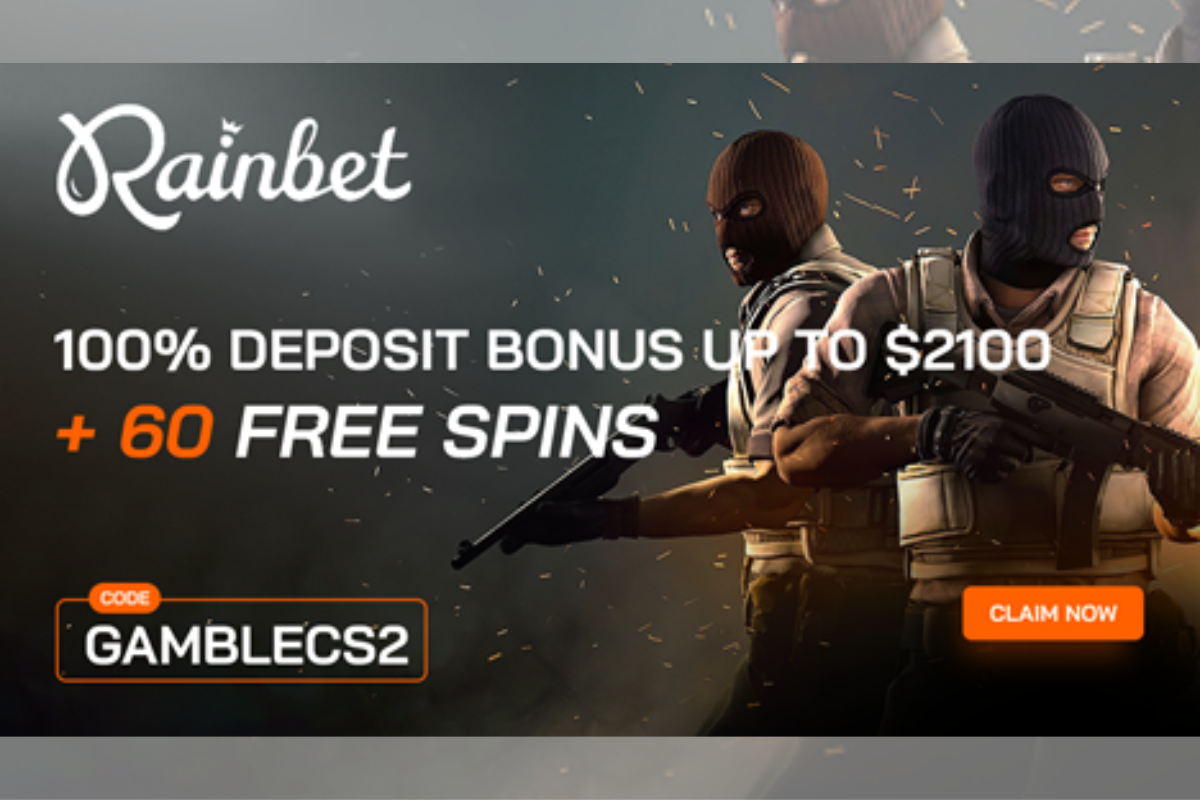Industry News
Gambling Channels suffer from YouTube’s policy
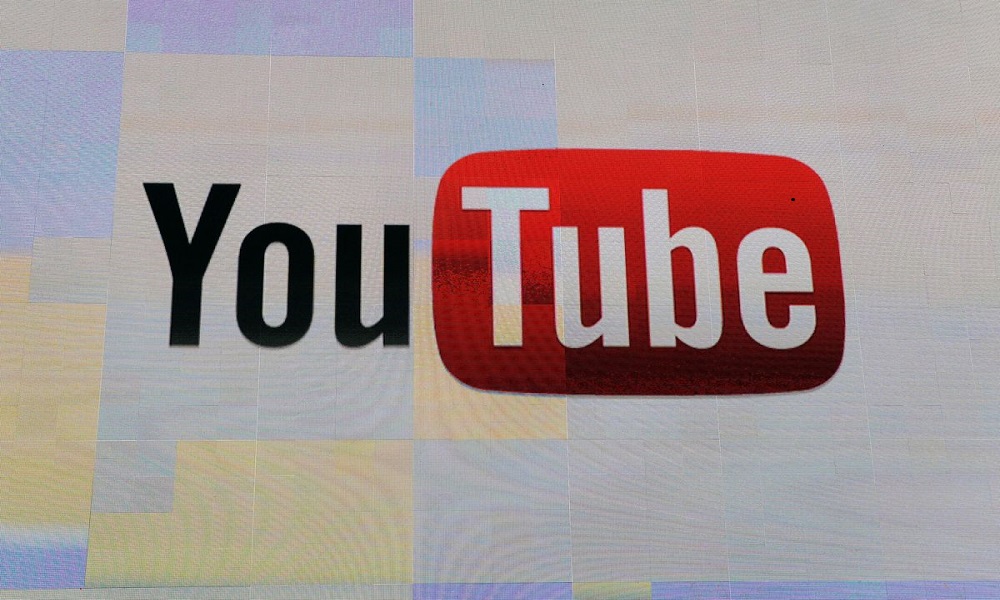
Brian Christopher, who runs BrianChristopherSlots, has recently found that YouTube has terminated his account. It happened exactly at the time when he was gearing up to start a month-long promotional tour for the channel. It was a big blow as most of his revenues were coming from that channel and he had worked hard to make it a success. He has made more than 1100 vlogs of himself gambling, mostly on slot machines, and amassed 50 million views and 80,000 subscribers.
He contacted YouTube for reasons. In an email, YouTube explained the suspension was due to “repeated or severe violations” of its community guidelines, which prohibit “violent or dangerous acts that have an inherent risk of serious physical harm or death.”
Like many top creators, Christopher makes his full-time living from YouTube, and he’s terrified of losing his primary income source. He said he’s careful to get approval from the casinos he vlogs from as well as the slot-machine manufacturers before publishing his videos. He does not swear, feature explicit content, or do anything else he thinks might be perceived as violating YouTube’s notoriously vague guidelines, which he and many creators can almost recite by heart.
Christopher and other top creators are in a precarious position: Though their videos provide a steady stream of income to YouTube via advertising, they do not work for YouTube directly, and the company has a long history of deleting channels, demonetising videos or accounts without warning, and leaving creators with little to no recourse or explanation.
In January, YouTube made sweeping, sudden changes to the qualifications it used to judge whether channels were eligible to earn money on the platform. Thousands of small channels lost their ability to generate money on YouTube overnight and had no way to appeal. For the vast majority of YouTube creators who are not members of YouTube’s top 3 per cent, there is almost no direct line of communication to the company: Creators get automated emails saying their channels are penalised. When they try to reach out to YouTube, rather than get a person, they get more automated responses. While some encourage their fans to tweet at YouTube’s various Twitter handles, that usually proves fruitless, too.
This spring, some creators attempted to ban together and start a union, hoping that collective bargaining might help them better reach the company. Others simply quit the job entirely.
Ben, a vetted volunteer “trusted flagger,” who helps YouTube identify problematic content and offensive channels, said that after four years as a volunteer for YouTube, he’s seen tensions between YouTube and its creators peak in the past year.
“YouTube needs to be more transparent in their policies and give in-depth information to creators,” he said. “If a YouTube Trusted Flagger can’t distinguish whether there has been a violation based on the public information they give out I cannot see how they could expect most users to do so either.”
The YouTube gambling community is not massive, but its biggest channels have tens and sometimes hundreds of thousands of loyal and active fans, which allows them to broker brand deals with big-time casinos, gambling-machine manufacturers, and online gambling sites in Europe. After his channel was taken down, Christopher spent days trying to renegotiate deals he had made with casinos throughout his tour.
“YouTube doing this stuff absolutely jeopardizes my business relationships,” Christopher said. “I’m in contact with the casinos I was supposed to visit, I’m trying to put them at ease and continue on Facebook. I know I haven’t lost my brand … but it’s tough.”
Christopher’s channel was reinstated shortly after he spoke to The Atlantic, but other popular gambling channels have received permanent or temporary bans, or have had features, such as the ability to live stream, revoked.
Kim Hultman, a Swedish YouTuber who runs the gambling channel LetsGiveitaspinTV said that he was mid live stream when he found out YouTube shut down his channel.
“I checked my channel and it was gone. YouTube had shut it down completely. No notice,” he said. “I appealed and said I’ve been doing this over two years, I don’t understand why you’d decide to shut me down right now. They sent another generic mail saying we reviewed your appeal.”
“This is my full-time job,” he added. “You spend so many years to build it up and they can just erase it with one button.”
Since the first wave of bans, YouTubers said that they’ve felt a familiar wave of panic, knowing that they could be next. Though many attempts to diversify, YouTube’s platform is unique and many creators have been unsuccessful in their attempts to build audiences on other platforms to a similar scale.
“You need something like YouTube to help people find your channel,” Raja, who runs the YouTube gambling channel Raja Slots said during a live stream shortly after his channel was deleted, then reinstated earlier this week. “We have explored other options, but those other platforms aren’t going to help grow a channel.”
Source: theatlantic.com
-

 Asia7 days ago
Asia7 days agoIndia Bans Real-Money Gaming
-

 Latest News7 days ago
Latest News7 days agoMeitY Blocked 1300 Illegal Sites But Offshore Platforms Still Exist
-

 Latest News6 days ago
Latest News6 days agoDATA.BET Secures Spot at SBC Summit 2025
-

 Compliance Updates6 days ago
Compliance Updates6 days agoBacta commissioned research shows huge support for seaside arcades led by Gen Z
-
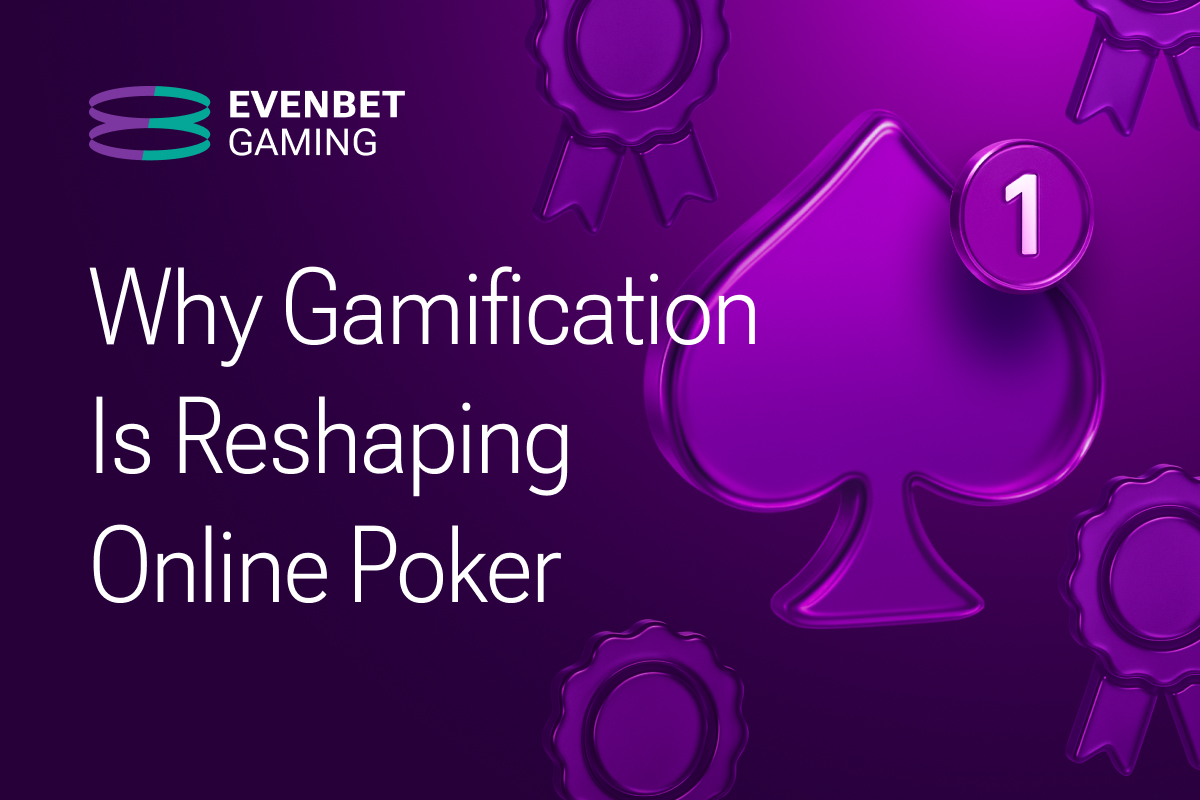
 Latest News6 days ago
Latest News6 days agoWhy Gamification Is Reshaping Online Poker
-
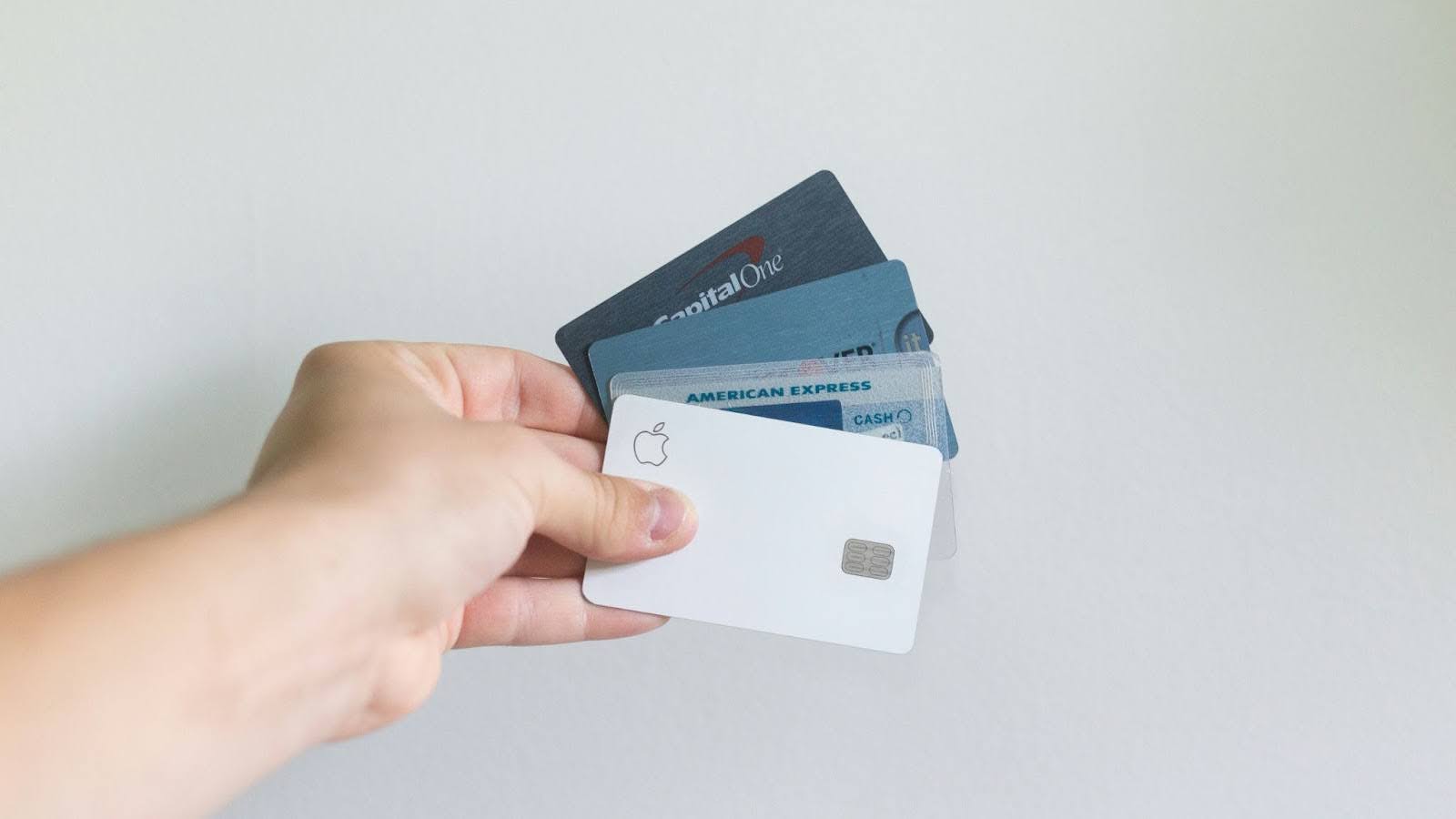
 Latest News6 days ago
Latest News6 days agoFrom Cards to Crypto: How European Players Fund Their Online Casino Accounts
-

 Latest News6 days ago
Latest News6 days agoSlotMatrix ignites the reels of West Virginia with Wild Extravaganza launch
-

 Latest News7 days ago
Latest News7 days agoBGC Study Highlights Cultural Significance of Gambling in the UK











